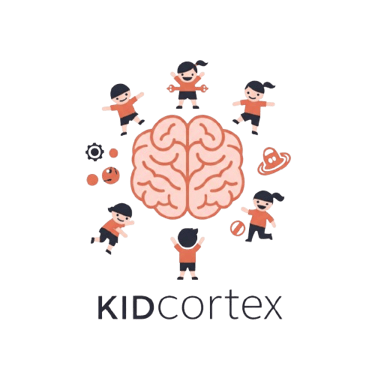Love-Centered Parenting: Why “Love” Should Be the First Language in Your Home
In today’s fast-paced world, parenting often becomes about checklists—schoolwork, activities, meals, and bedtime. But research is showing that the foundation of healthy child development lies in something much simpler: love. In 2025, love-centered parenting is one of the biggest trends parents are adopting. It’s not about being “soft” or “permissive,” but about raising children with empathy, emotional safety, and strong connections. Let’s explore what love-centered parenting means, why it matters, and how you can make “love” the first language in your home.
Dr. Tarun sharma
9/17/20252 min read
What Is Love-Centered Parenting?
Love-centered parenting is an approach where emotional connection comes before correction. Instead of focusing only on discipline, instructions, and rules, parents actively create an environment of trust, warmth, and empathy.
It means:
Listening deeply when your child speaks.
Responding to emotions with patience, not just commands.
Encouraging effort, not just results.
Building a bond where your child feels valued and safe.
It doesn’t mean giving in to every demand—it means guiding with compassion.
Why Is It Important in 2025?
According to child psychology studies (PubMed, Scopus), children who experience warm, responsive parenting show:
Better emotional regulation (they can handle frustration, sadness, and anger better).
Improved social skills (empathy, sharing, confidence in making friends).
Higher academic motivation (they learn not out of fear, but curiosity).
Lower risk of anxiety and behavioral issues later in life.
With rising concerns about screen addiction, speech delays, and social disconnection, parents need to be intentional about giving children what devices and schools cannot—unconditional love and presence.
❤️ Practical Ways to Make Love Your Parenting Language
Here are simple steps you can start using today:
1. Practice “Emotion Coaching”
When your child cries, shouts, or sulks, instead of saying “Stop it!”, try:
👉 “I can see you’re upset. Do you want to tell me what happened?”
This validates their feelings and opens communication.
2. Create Daily Connection Rituals
10 minutes of device-free conversation at dinner.
A bedtime chat about “the best part of your day.”
Weekly family walks or game nights.
These small routines build trust.
3. Encourage Effort, Not Just Outcome
Instead of “Good job on scoring 95”, say:
👉 “I loved how hard you worked on preparing for this test.”
This builds resilience and motivation.
4. Use Gentle Discipline
Love-centered parenting doesn’t mean no rules—it means teaching with respect. Replace threats with guidance:
👉 “We don’t hit. If you’re angry, let’s talk about what you feel.”
5. Model Love Through Actions
Children learn more from what they see than what they hear. Show kindness, respect, and empathy in your own interactions—your child will copy you.
Long-Term Benefits
When love becomes the foundation of your parenting style, children grow up to be:
Confident and secure in who they are.
Better communicators, since they learn their feelings matter.
Empathetic adults who treat others with respect.
More resilient in facing life’s challenges.
How KidCortex Supports Love-Centered Parenting
At KidCortex, we integrate love-centered practices into everything we do:
Our child development workshops help kids feel safe, engaged, and confident.
Therapy at home focuses on building parent-child bonds while supporting speech, ADHD, or learning needs.
Awareness sessions for parents teach how small changes in communication can transform a child’s growth journey.
Because at the end of the day, every therapy, activity, or program works best when love is at the core.
Final Thoughts
Children don’t remember the expensive toys or the hundreds of rules—they remember how their parents made them feel. When love becomes your family’s first language, you’re giving them the strongest foundation for a happy, healthy, and successful life.
